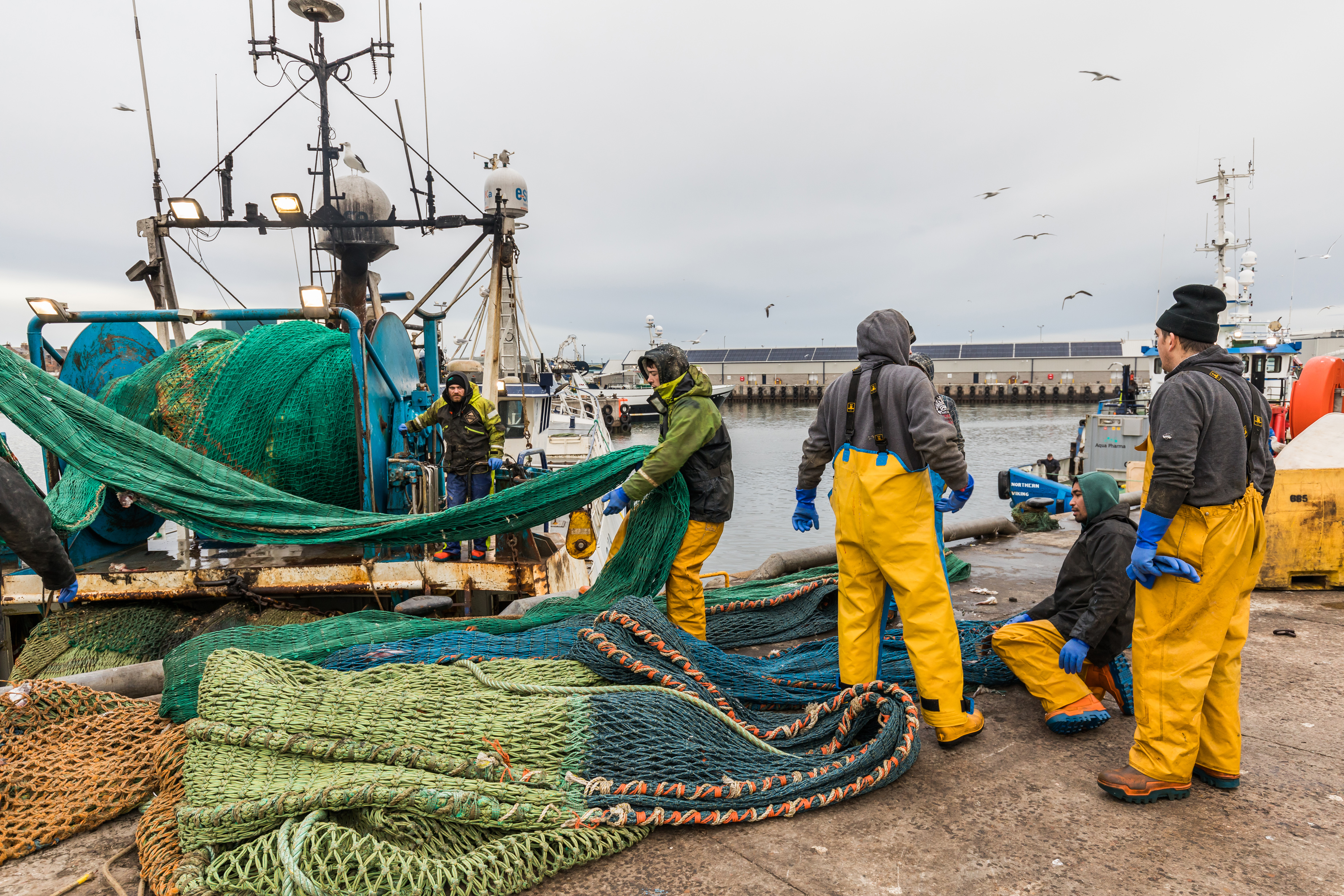2024 Employment in the UK Fishing Fleet Report published
Our 2024 Employment in the UK Fishing Fleet Report provides a snapshot of employment in commercial fishing from data gathered during our annual fleet survey last summer.
It highlights that less than a quarter of skippers and vessel owners interviewed at that time rated access to skilled labour as ‘good’ or ‘very good’, while nearly half rated it as ‘bad’ or ‘very bad’.
The parts of the fleet most affected by the recruitment challenges include the scallop dredgers and Nephrops and demersal trawlers over 10m. These vessels typically require a larger number of crew and vessel operators reported that the issues are impacting days at sea and fishing activity.
An aging workforce
Amongst the issues contributing to the shortage of skilled labour is the fishing sector’s ageing workforce. The overall average was 44 - four years older than that reported in our 2021 employment report. Vessels registered in England had the largest proportion of workers aged over 60. These workers were largely owners working on static under 10m and low activity vessels.
Other reasons for labour shortages cited in our report are difficulties in finding local crew, with other industries, such as offshore wind and aquaculture, often seen as the main competitors for attracting new entrants. For some vessel operators the recent changes to the visa system have made it more difficult and more costly to recruit skilled crew from overseas.

Commenting on the report’s findings our Head of Industry Workforce Issues Neil McAleese said:
As this new report recognises, access to skilled labour is an ongoing issue for the commercial fishing sector. This issue is critical as the shortage of labour has economic implications for both businesses and the wider economy. The industry continues to experience a decline in full-time employees due to an ageing workforce, insufficient domestic entrants, and changes in the skilled worker visa policy affecting the viability of recruiting migrant workers.
Those within the industry understand the difficult challenges that fishermen are facing and are working together to identify solutions. We are working in partnership with industry stakeholders and government to find solutions to these challenges.
This includes our work to develop and deliver training courses designed to attract new entrants to the industry. These courses include to Commercial Fishing courses, Fisher Apprenticeships, the Diploma in Sea Fishing, and the Maritime Studies – Trainee Deckhand course.
The 2024 Employment in the UK Fishing Fleet report describes the findings of the employment component of our 2024 Fleet Survey. Its purpose is to aid discussion and decision-making around the labour needs of the UK catching sector.
The report presents data on nationality, age, gender, professional qualifications, work and remuneration patterns of workers in the UK catching sector. Skippers and vessels owners were interviewed and asked about their access to skilled labour, their business performance in the last year and, their expectations for the future.
The 2024 survey sampled a larger proportion of the UK’s small-scale fleet of vessels (vessels under 10m and low activity) than in previous years and this may have influenced the findings including the proportion of UK workers amongst the sampled vessels.